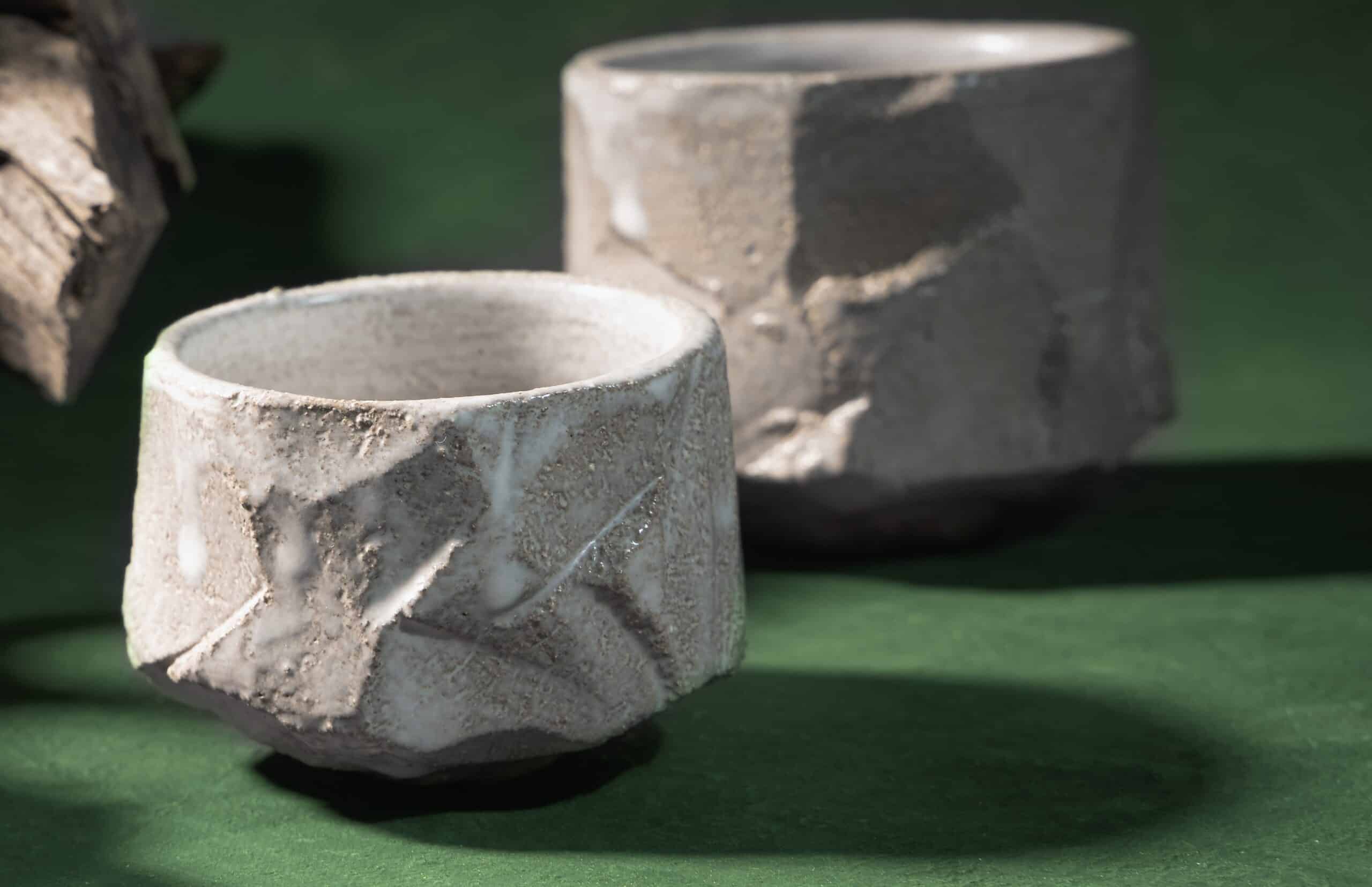Do you ever feel that your life is a bit wonky? Perhaps your health, your marriage, or your career feel somehow out of kilter. Don’t be discouraged, because a lopsided life suggests wabi-sabi, the natural imperfection of being. In Japan, wabi-sabi is captured in the aesthetics of the Zen garden, the arrangement of flowers and the handcrafted tea bowl. They celebrate the beauty of the misshapen, the distorted, the natural, the organic. Wabi-sabi is the quintessential artistic design that expresses the Way. The Way is not symmetrical or perfectly honed and balanced. The off-center placement of granite boulders in the temple garden and the bumpy, knobby, uneven finish of the ceramic tea bowl remind us of the essential irregularity of the living world. The branches of the big oak tree, the contour of the coastline, the flight of the swallows—all find their balance in imbalance. It is only the mind that clings to the notion of perfect order.
Understanding imperfection and emptiness is paramount to being a student of the Way. This requires dropping the presumption that we know what is right and what should happen. Welcoming the wabi sabi is to invite the wisdom of “suchness.” It enables us to be with “what is.” If we stop seeking perfection, if we accept the world of incongruity and welcome our own foibles, we experience, paradoxically, a kind of harmony — a harmony amidst disharmony. Like the courtyard Zen garden, the view of the limited provides a glimpse into the unlimited and the eternally shifting sands of time.
By embracing our own flaws and foibles, we unhook from the corrosive belief that beauty and serenity are contingent upon symmetry and evenness.
So each day, welcome the wonky world around you. And when you bring your two hands together, honor the Way that finds balance by always staying slightly out of true.



